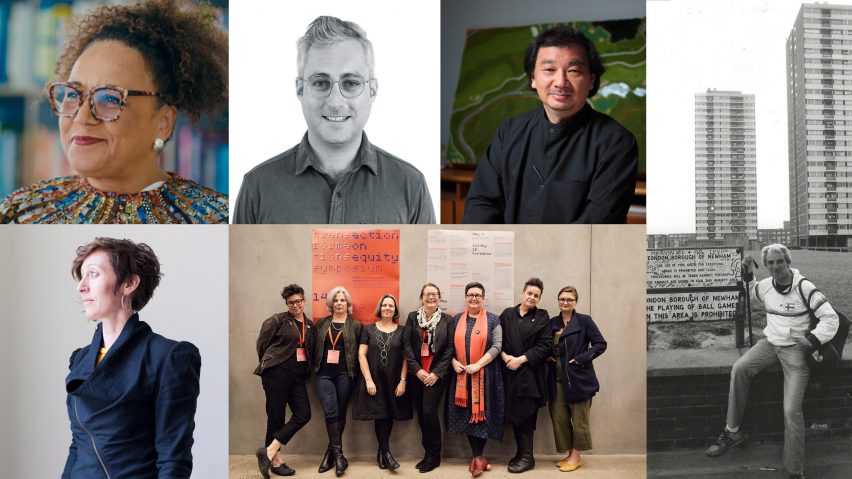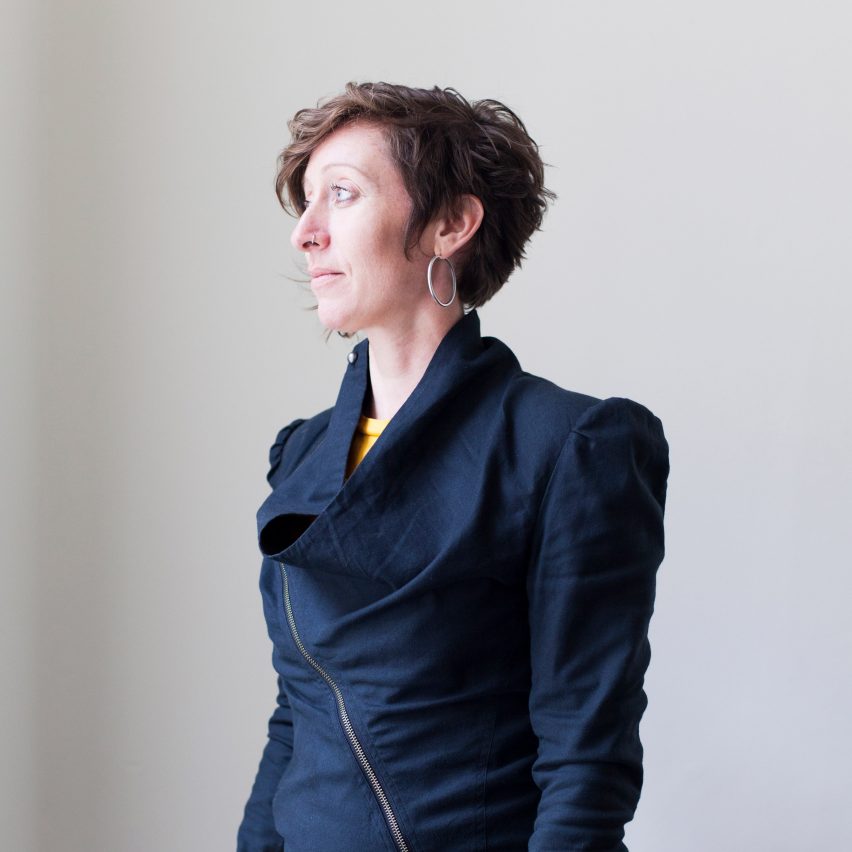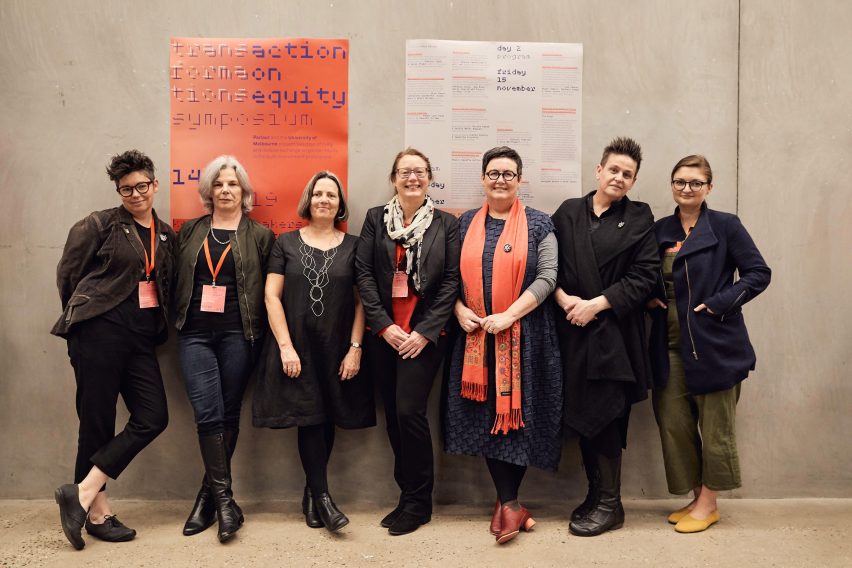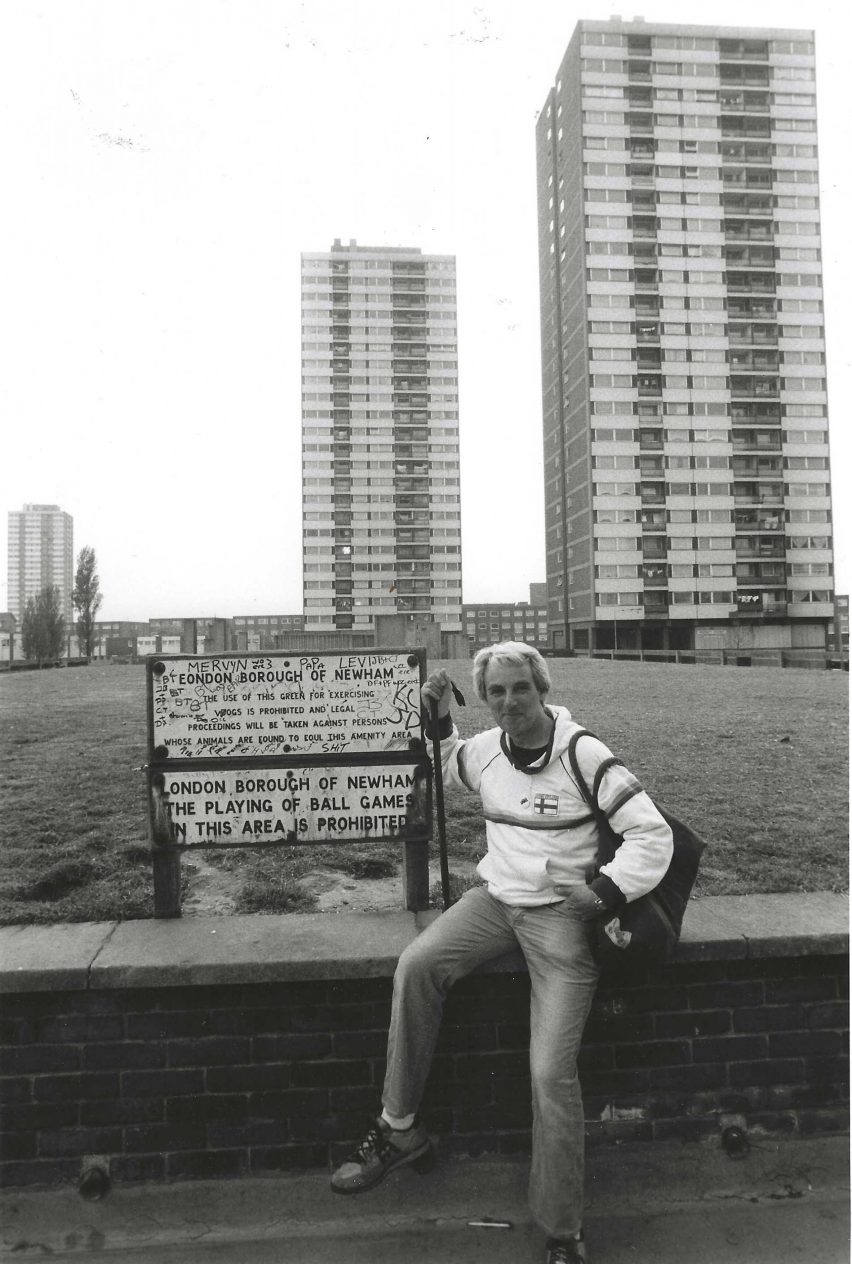
Six activist architects "whose actions help effect social change"
Networking platform Archiboo presents an annual Activism Award. Here, its founder Amanda Baillieu selects six architects that embody the ideals of activism.
The Activism Award, which is free to enter and forms part of the wider Archiboo awards program, aims to reward an individual, practice or company "whose actions help to effect social change".
According to Baillieu, in recent year's architects have seen the scale of their influence diminished, but the climate emergency, along with global economic issues, is leading many architects to activism as a way of enacting change.
"Architects are not as involved in influencing society as they once were but the climate emergency has put them centre stage," Baillieu told Dezeen.
"Simultaneously, a global economic crisis, a housing crisis and the unashamed commerciality of the profession has given architects pause for thought," she continued.
"Meanwhile, professional institutions including the AIA and RIBA look increasingly out of touch, leading many architects to set up their own networks and initiatives to try and make a difference."
Baillieu believes that many younger architects are looking to activism due to a frustration with the profession and how it is run.
"The increasing commerciality of the profession, the lack of diversity and poor pay have made a new generation of architects question their purpose and re-examine their ethical responsibilities," she said.
"Many are frustrated that the profession has failed to speak with one voice on key issues and as a result no longer have an intellectual role in contemporary public life," she continued.
"While younger architects are less likely to seek high office, they do want their concerns addressed. These wider systemic issues include the profession's lack of diversity, the long hours low pay culture and lack of awareness of mental well-being."
Read on for six activist architects:

Alison Killing, Killing Architects, The Netherlands
Alison Killing is an architect and investigative journalist who set up Killing Architects, a studio for architecture and digital media, in 2011. The studio, based in the Netherlands, investigates human rights and social justice issues, developing effective ways to tell these stories from interactive exhibitions to data visualizations.
In 2021 Killing was awarded the Pulitzer Prize for International Reporting, together with Megha Rajagopalan and Christo Buschek, for an investigation that uncovered a secret network of detention camps in Xinjiang, China.

Adam Susaneck, Segregation by Design, USA
"New York-based architect Adam Susaneck uses 'before and after' imagery, data and architectural analysis to reveal how the US government used a policy of 'urban renewal and slum clearance' as well as freeway construction to radically alter the built environment of nearly every sizable city in the country after world war two.
"Segregation by Design, shortlisted for the Activism Award in 2022, is 'a sort of atlas of environmental racism' says Susaneck that is helping to empower today's communities to begin fixing the mistakes of the past."

Shigeru Ban, Voluntary Architects' Network, Japan
"The Voluntary Architects' Network (VAN), a non-profit initiative set up by Shigeru Ban after the Kobe earthquake in 1995, provides privacy for families living in temporary shelters using cardboard tubes and fabric curtains.
"In March 2023 his Paper Partition System was used by evacuation centres housing victims of the Turkish-Syria earthquake. VAN has also helped to house Ukrainian refugees in Poland and victims of this summer's Ishikawa earthquake in Japan.
"Ban's work is a reminder of how architects can play an important role in creating a more stable environment for victims in places that could take years to rebuild."

Parlour, Australia
"Parlour is a research-based advocacy organisation with an extension programme of online and live events working to improve gender equity in architecture and the built environment professions.
"Set up in 2012, the organisation helps give voice to those who are often unheard or unseen in traditional professional environments, broadening definitions of what architectural activity might be. The group was shortlisted for the Activism Award in 2022."

Lesley Lokko, Ghana
"Ghanaian-Scottish academic and educator Lesley Lokko, who was recently awarded the RIBA Gold Medal for her work to 'democratise' the profession, has dedicated her career to championing people of colour and other under-represented backgrounds into architecture.
"Lokko curated the 2023 Venice Architecture Biennale, the first Black architect and fourth woman to do so, representing a turning point for architecture's pre-eminent cultural event. For the first time the majority of contributors to the exhibition, The Laboratory of the Future, were from Africa and its diaspora.
"There was also gender parity and an average age of 43. In 2021, she founded the educational African Futures Institute in Accra, Ghana, to further explore the complex relationship between architecture, identity and race."

Sam Webb, UK
"Architect and activist Sam Webb's campaign to make council tower blocks safer began in 1968 after Ronan Point in Newham, east London, suffered a partial progressive collapse killing four people. Although the building was repaired, Webb believed that large panel system (LPS) structures that dominated housing contracts were inherently unsafe.
"His investigations led to a fresh survey of Ronan Point, leading to its eventual demolition along with eight other tower blocks in 1986. In 2009, when a fire at Lakanal House in south London killed six people, he warned about the danger of flammable cladding panels without effective sprinkler systems.
"His warnings were ignored, but in 2017 when the fire at Grenfell Tower killed 72 people, he was tragically proved right. In 2018, he co-launched Tower Blocks UK to help high-rise residents lobby over safety concerns."